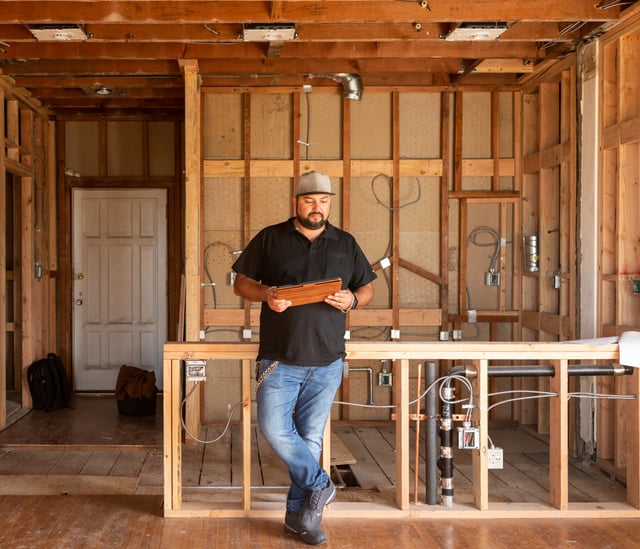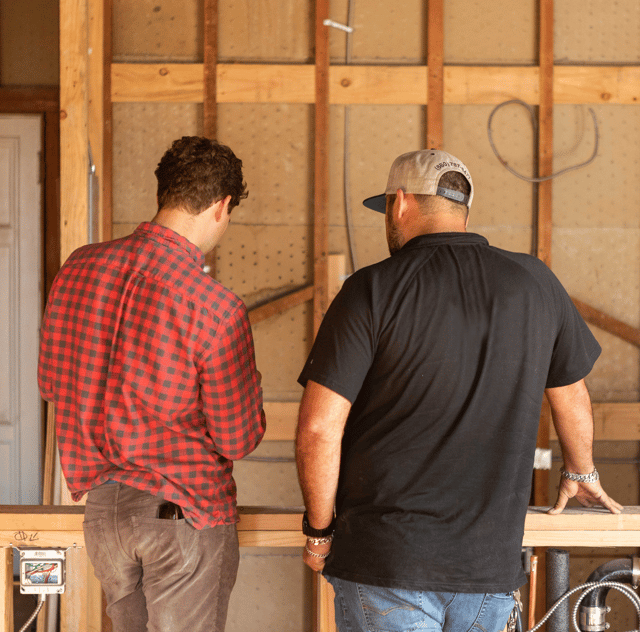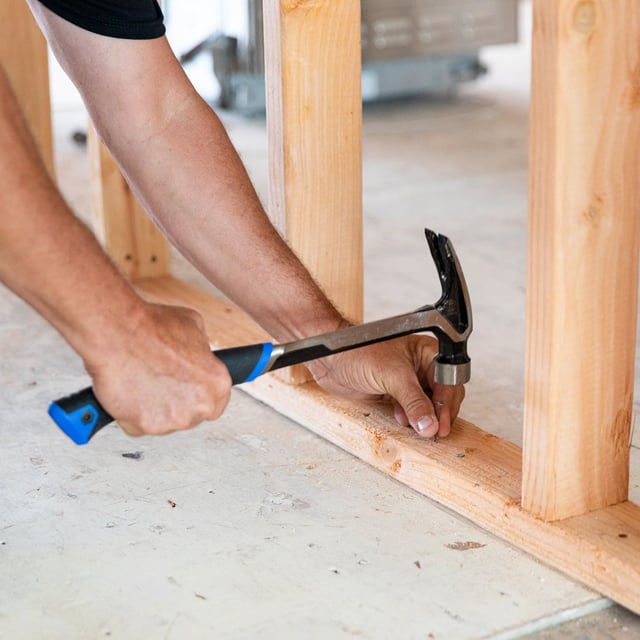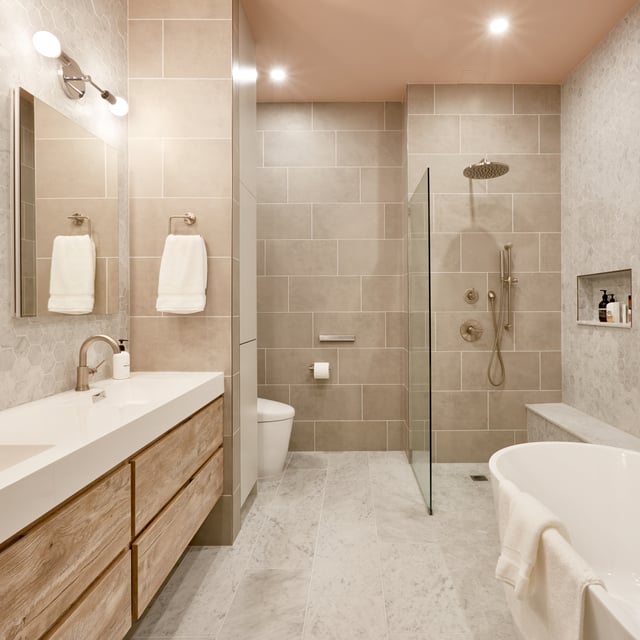
Working with Contractors
The Block Way of Renovating: A Complete Homeowner’s Guide
11.24.2025


In This Article
One of the most common questions we get from homeowners is, “Why do renovations cost what they do?” Despite the fact that millions of homeowners remodel their homes each year, most people don’t understand all the factors that go into renovation costs. In this post, we will demystify the costs associated with a home renovation, helping you plan your project with confidence.
Hiring skilled professionals is often necessary for a successful renovation. Costs associated with labor and professional fees will vary depending on the complexity and size of the project. This can include contractors, plumbers, electricians, and other specialists. With Block, you will be matched with a vetted contractor and provided with guidance on fair pricing through industry-leading data.
One of the primary costs in a renovation project is the materials and supplies needed. This includes everything from lumber, flooring, paint, tiles, fixtures, appliances, and any other materials required for your specific renovation. Research prices and quality options, but remember to stay flexible and open to multiple choices. In recent years, disruptions in the supply chain have caused the price of certain materials to fluctuate greatly.
Obtaining the necessary permits and meeting legal requirements is an essential part of any renovation project. The costs associated with permits and licenses will vary based on your location and the specific regulations governing your renovation. Research the applicable permits, fees, and any inspections required to avoid potential delays and penalties. To help your permitting process go as smoothly as possible, Block offers an optional Permitting & Documentation Support upgrade.
If you opt for professional design services, there will be costs associated with consultations, as-built documentation, 3D renderings, and other design elements. Block makes this easy for you by including all of these services in our optional Design Support package. Our designers bring expertise in optimizing space, aesthetics, and functionality, helping you achieve your dream renovation.
Before starting your renovation, it’s important to consider the costs associated with your specific project type. For example, some projects may require demolition and debris removal, which come with additional costs. While the main focus of a renovation is often on structural and functional changes, don't forget to account for the costs of finishing touches and furnishings. This includes window treatments, light fixtures, hardware, furniture, decor, and other accessories. Planning and budgeting for these items will help you achieve a cohesive and polished look in your newly renovated space.
Renovation projects often come with unexpected surprises. It's wise to set aside a contingency fund to account for unforeseen expenses that may arise during the renovation process. A general rule of thumb is to allocate around 10-20% of your total budget for contingencies. Having this buffer will provide financial flexibility and peace of mind throughout the project.
Understanding the costs involved in a home renovation project is essential for effective budgeting and successful execution. With careful planning and financial diligence, you'll be well-equipped to undertake a transformative renovation while keeping your finances on track.

Written by Block Renovation

Renovate confidently with Block
Easily compare quotes from top quality contractors, and get peace of mind with warranty & price protections.
Thousands of homeowners have renovated with Block

4.5 Stars (100+)

4.7 Stars (100+)

4.5 Stars (75+)

Working with Contractors
The Block Way of Renovating: A Complete Homeowner’s Guide
11.24.2025

Working with Contractors
Steps to Vetting a General Contractor
11.04.2025

Cost
How Much Does a Bathroom Addition Cost?
09.26.2025

Cost
Calculating the Cost of Your 12x24 Addition
09.18.2025

Cost
10x10 Bathroom Remodeling Costs
09.18.2025
Renovate confidently